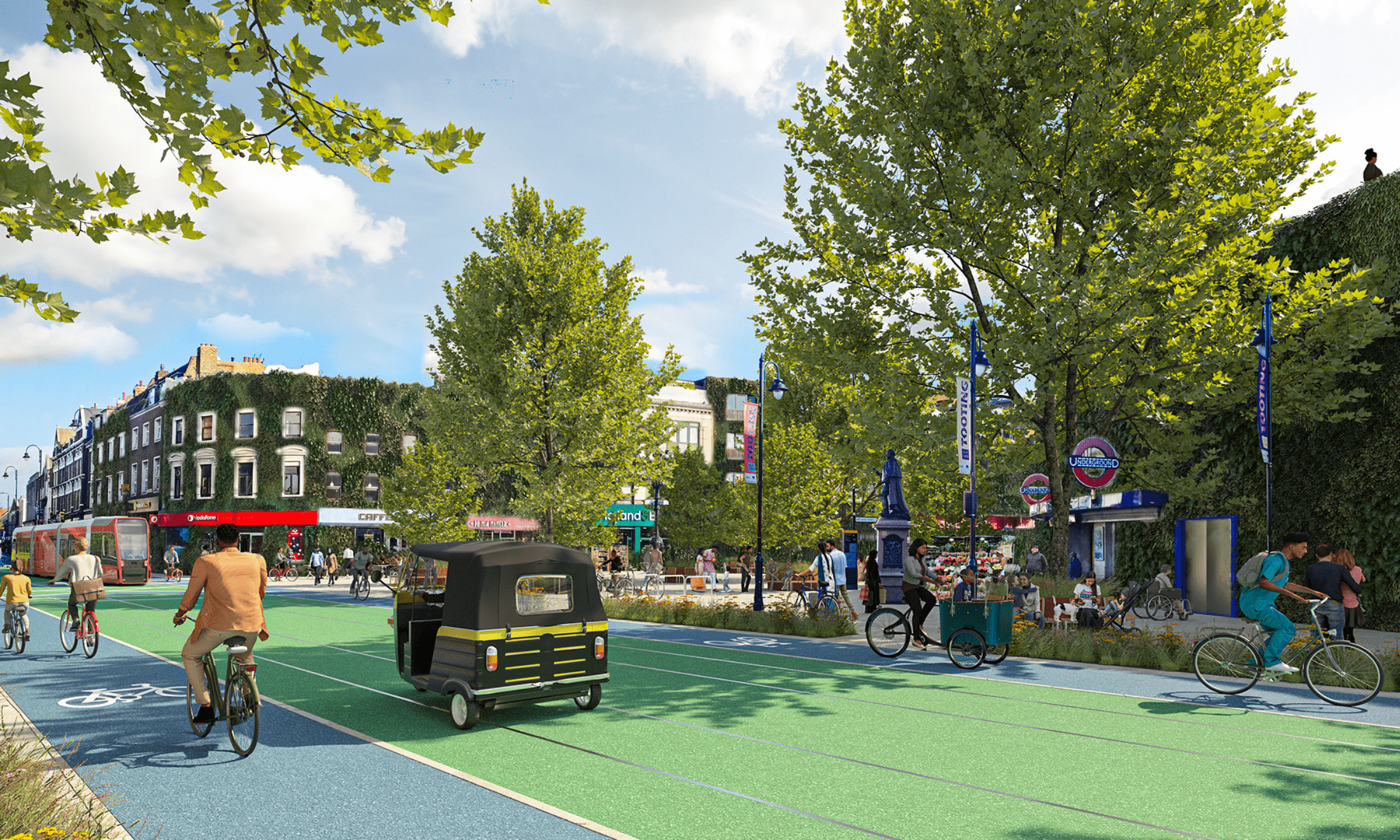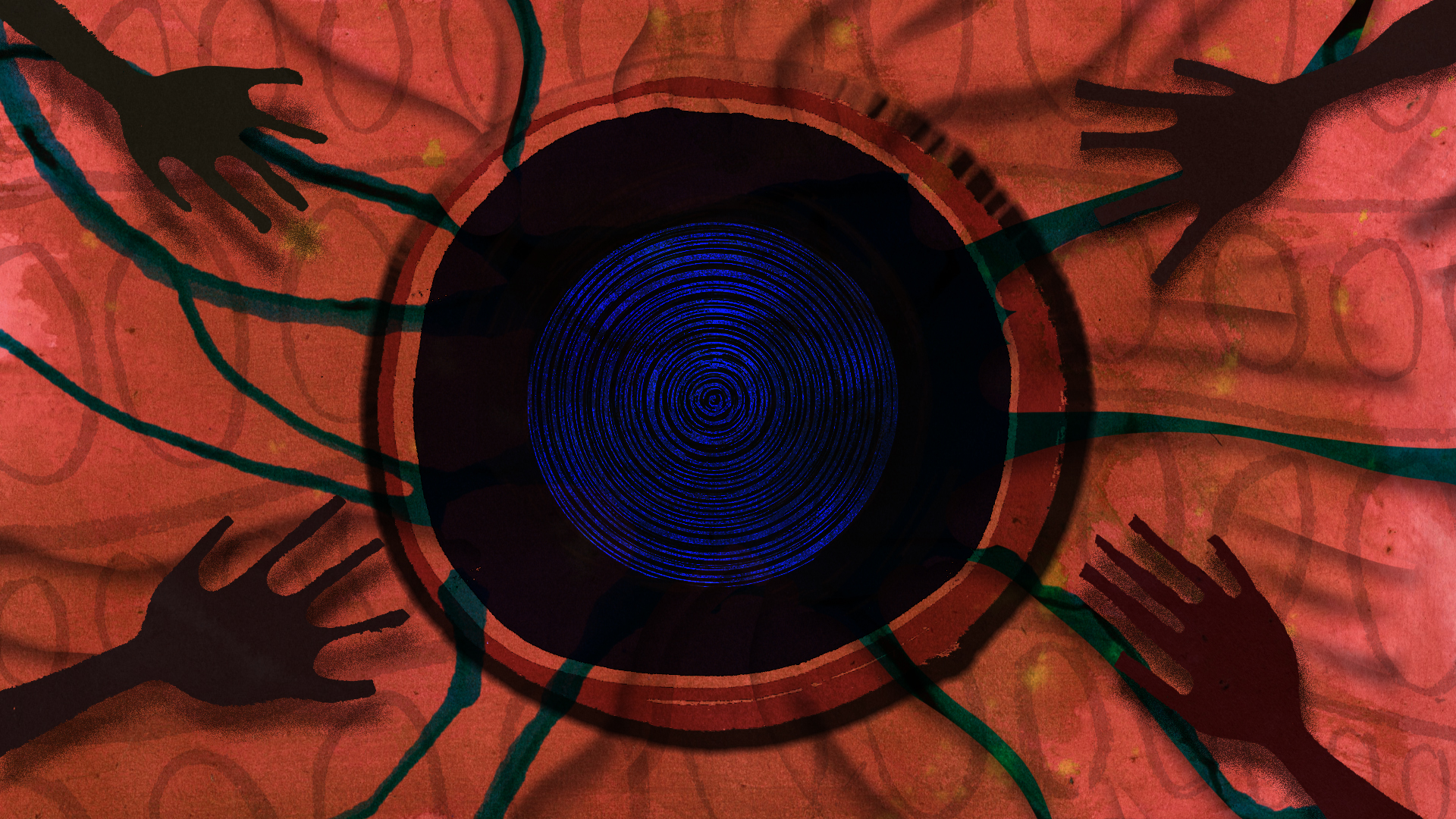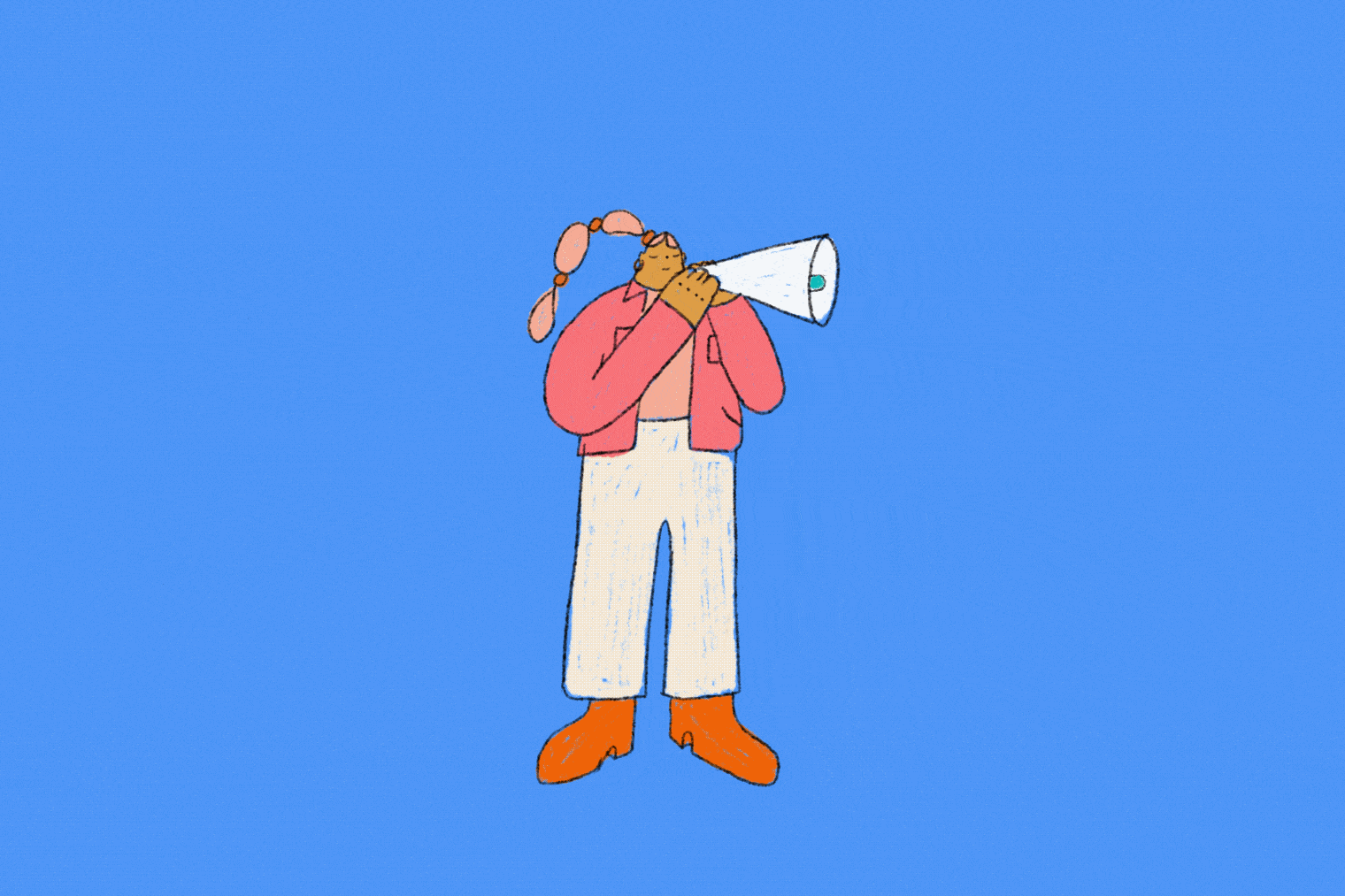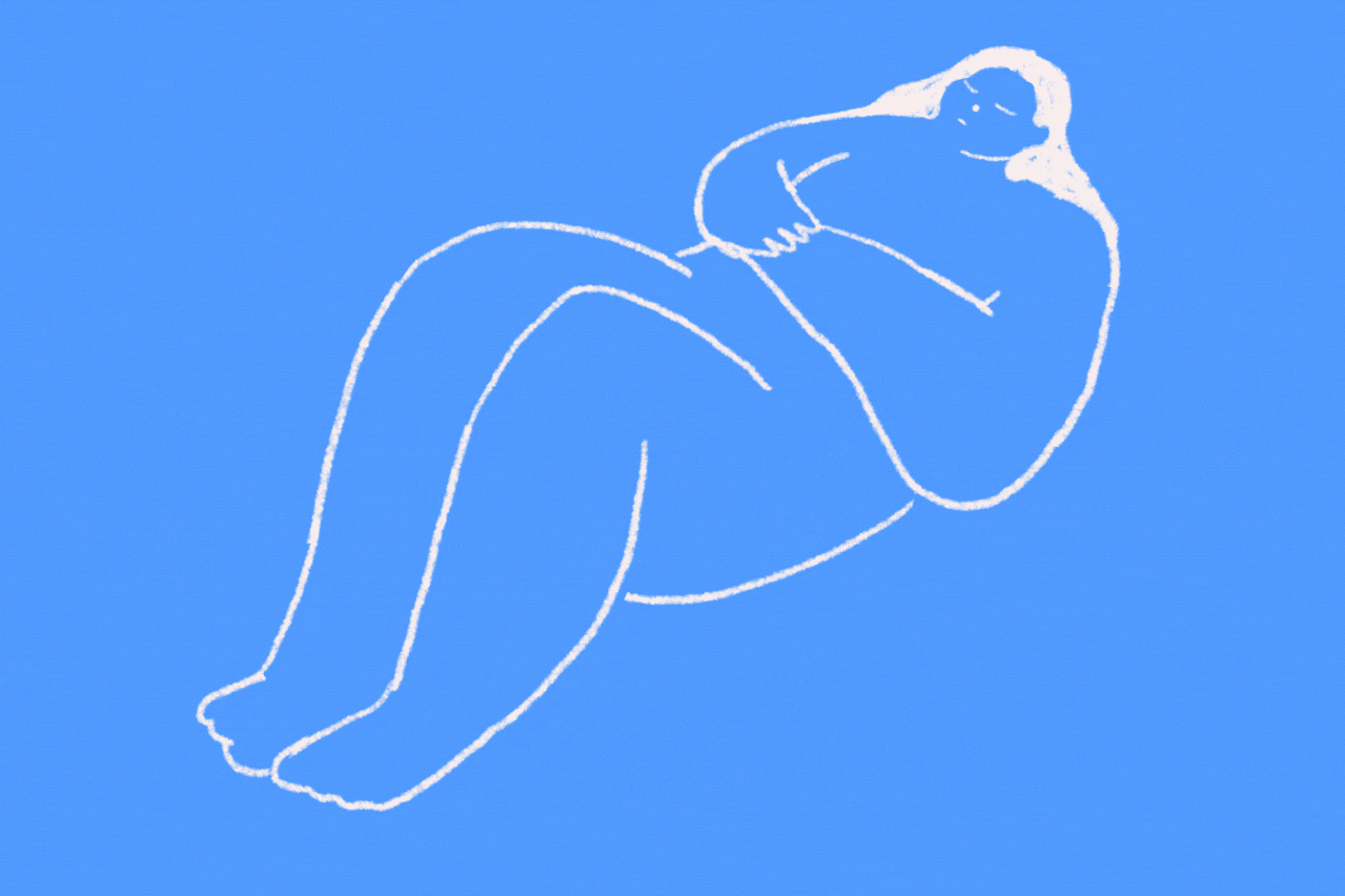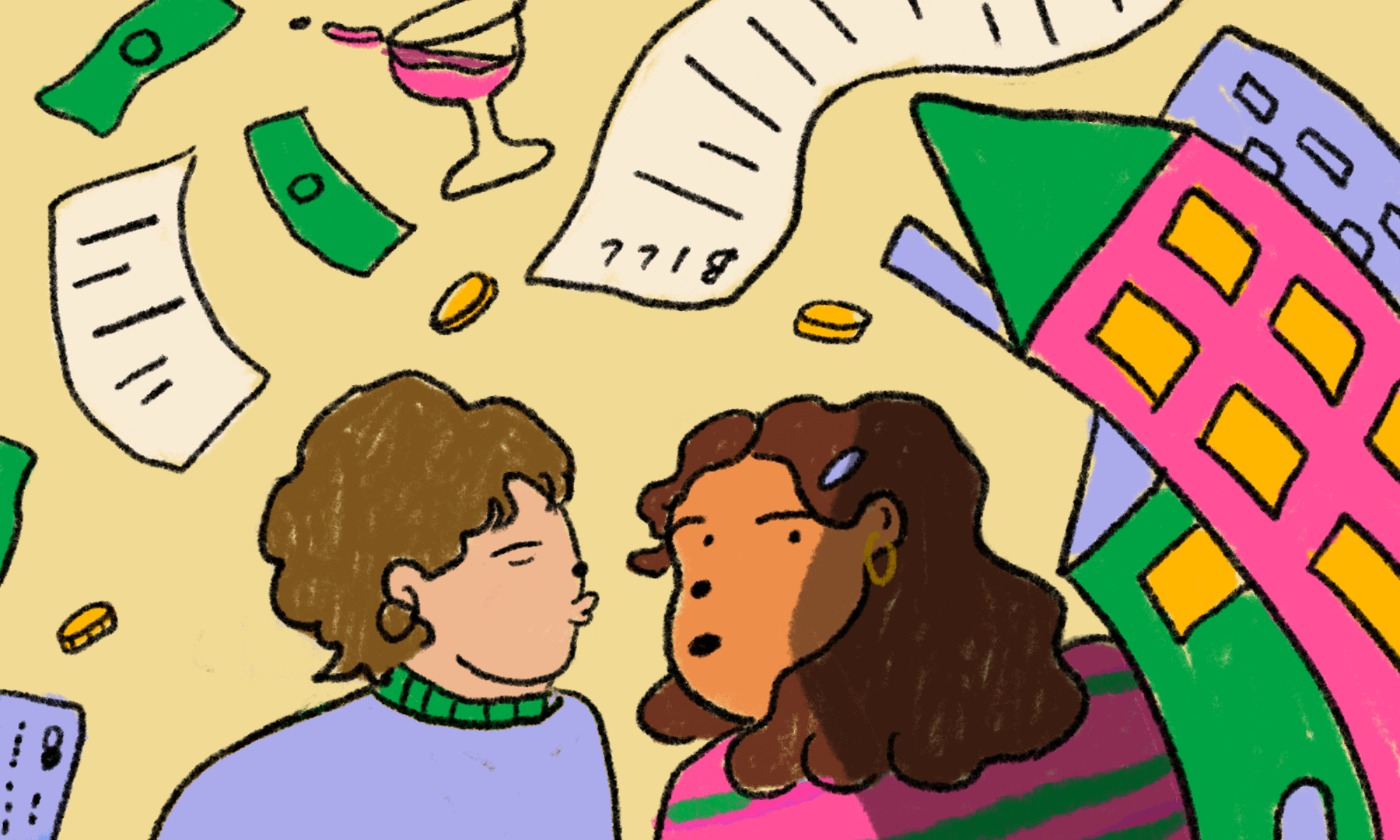
Agnes Shu
Students are building their own support groups as universities fail to act on racism
Durham University has been accused of failing to support its marginalised communities, so student groups are having to form their own coalitions in response.
Michaela Makusha
03 Nov 2022
Content warning: This article contains mention of discriminatory language.
“I feel like it’s so normalised that police won’t do anything, and I feel like my college is basically useless.”
That is how one student at Durham University described why they did not report multiple incidents of racism they faced whilst studying.
Racism is endemic across the UK’s higher education institutions. An investigation by the Guardian in 2019 confirmed the insidious nature of this form of discrimination in universities – an issue that many feel is being ignored or becoming worse.
Cambridge University saw a reported rise in racism against Asian students during the pandemic, according to End Everyday Racism At Cambridge, while Black students say they continue to face racial discrimination.
Durham, meanwhile, made headlines last year after journalist Rod Liddle made transphobic and racist comments while speaking as a guest at a college’s Christmas event. Some students walked out and organised protests, but the university has since been accused by multiple associations and societies of failing to support its marginalised communities.
It’s clear that nothing has changed since the university promised to take a stronger stance against racism. On 11 November, Liddle is due to speak as a guest at the university again. Later in the month, Julie Bindel, who has been accused of holding transphobic views, is also scheduled to speak.
“Universities are failing at pastoral care, especially when it comes to students of colour”
“When you are an ethnic minority in a university like this, you just feel you have to deal with this. You don’t even think to report it anymore because racist incidents happen so often,” says Keturah Christie, incoming president of Durham’s People of Colour Association (DPOCA) – a coalition of university societies collaborating to create a fun and safe space for students of colour. Similar to the London School of Economics’ British People of Colour Society, it seeks to bring together POC societies and encourage solidarity in white-majority environments. “DPOCA is something so precious. It’s not about getting community members to be involved in the wider Durham, but a safe space for people to come and just be themselves,” says Kezia Mboyne, the outgoing president.
Mboyne, who recently graduated with a psychology degree, felt isolated as someone of mixed heritage at Durham. “There was just this sense that racially and in terms of social class, there was very little accessible to me and others like me. That fuelled my decision to join DPOCA and my want to create a space for POCs.”
Collegiate universities such as Durham, Oxford and Cambridge – where the college environment is intended to be supportive and build communities – are failing at pastoral care, especially when it comes to students of colour. Between 2019-2020, the majority of offences reported by students across Durham were race-based hate incidents. But members of marginalised communities are now having to step in to fill the gap where the university should be providing support.
“The university and colleges seem to not understand how to properly deal with racism and the perpetrators,” Christie says.
The university has an online tool for students and staff to report incidents of discrimination and other kinds of harassment. Its website states they take these reports “seriously”, and offers tools such as counselling and a network of advisors who can answer questions on university policy and support services.
Some colleges offer mediations between students after reports of racist incidents, but “mediations tend to minimise responsibility on the part of the perpetrator and does little to send a message of zero tolerance”, Christie adds.
Just 13.7% of Durham students are from an ethnic minority background, according to the Tab, while only 11 of the 17 colleges have a visible POC representative (a member of the college welfare team to ensure POC students have someone to speak to and bring those concerns to the colleges).
gal-dem collected anonymous testimonies from students of colour at Durham University about their experience, which highlighted widespread instances of racism and alleged inaction from the colleges.
“White students get to put racism down as political as opposed to the lived experiences of their fellow students, and people of colour are just further excluded”
Kezia Mboyne
One student wrote: “Another guy in my corridor used to talk about how he was allowed to say the ‘n-word’ because he had a Black friend. I once went to a social where a guy told me that racism and sexism were ‘things of the past’ and that if I joined the Durham Union Society, I might be subject to some ‘poor racist jokes’.
“From hearing other’s experiences, it does not sound as if sexual assault or racial issues are handled appropriately in the uni, so unless I felt in extreme danger I would be very unlikely to raise an issue.”
Another student said: “On the University campus, I was ‘monkey called’ on two separate occasions in Durham. At first I didn’t really think much about reporting it, yet I was encouraged by the counselling department and friends. I reported it to my college following the process they themselves promoted, and it was the biggest waste of time. I felt infinitely worse after. There was no resolution. I was gaslighted.”
“There is a very obvious culture of racism and classism at Durham that does a lot to exclude the working class and in particular, people of colour,” says Mboyne. “White students get to put racism down as political as opposed to the lived experiences of their fellow students, and people of colour are just further excluded.”
Both Christie and Mboyne are frustrated that nothing is being done by the institution to tackle these issues. Part of DPOCA’s work involves running anti-racism workshops for colleges, yet the response across campus has been largely negative.
In April, a planned anti-racism workshop run by DPOCA at John Snow College was met with a negative response from some students who called it “anti-white indoctrination”.
“The majority of colleges do not respond to offers for anti-racism workshops,” says Christie.
Mboyne adds: “These presentations are not just simply ‘don’t be racist’ messages. They are learning opportunities with a lot of critical content. It’s intended to be participated by people who actively wish to be anti-racist. We won’t waste our time trying to educate people who do not want to learn.”
Dr Shaid Mahmood, Durham University’s pro vice-chancellor for Equality, Diversity and Inclusion, told gal-dem in a statement: “We do not accept any form of prejudice or discrimination at Durham University and we condemn all racism and hate crime in the strongest possible terms.”
He said the university has “well-established channels” that students can use to report incidents.
“We have introduced an online tool through which staff, students and visitors can report unwanted behaviour and seek support. After investigation, if individuals are found to have committed these offences, we will take appropriate and decisive action. Students and staff are also actively encouraged and supported to report incidents of racism and sexual violence and misconduct to the police where there are dedicated officers in place to respond to them.”
Mahmood added: “We are not complacent and we are working to build a safe, respectful and inclusive environment.”
As incoming president, Christie hopes to get a better picture of the racism at the university through group welfare sessions and create a safe place for students who do not trust the system to look after them.
DPOCA is calling for better education and stricter outcomes. “Having a mediation [in which the perpetrator and victim meet to clear the air between the two] does not work because that person has left with absolutely nothing. They have learned nothing and will do the exact same thing because there is no education or punishment,” Christie says. “People won’t report incidents because they know that nothing will happen or change.”
The first DPOCA ball was held in June 2022, with more events planned for the new academic year. In October, they held a Black History Month book club, and will organise pizza nights for people to get together and celebrate different cultures.
“I want there to be more integration with the various groups for students of colour, to emphasise that solidarity,” says Christie. She believes that in this difficult environment, celebrating Black and brown cultures is an act of defiance in itself.
This article was amended on 3 November to clarify that Julie Bindel is scheduled to speak at a separate event to Rod Liddle at Durham in December. An earlier version stated that “Liddle is due to speak as a guest at the university again, along with Julie Bindel”. This article was also amended on the same date to clarify that Julie Bindel has been accused of holding transphobic views. An earlier version stated that Bindel is known for holding transphobic views.
The contribution of our members is crucial. Their support enables us to be proudly independent, challenge the whitewashed media landscape and most importantly, platform the work of marginalised communities. To continue this mission, we need to grow gal-dem to 6,000 members – and we can only do this with your support.
As a member you will enjoy exclusive access to our gal-dem Discord channel and Culture Club, live chats with our editors, skill shares, discounts, events, newsletters and more! Support our community and become a member today from as little as £4.99 a month.


